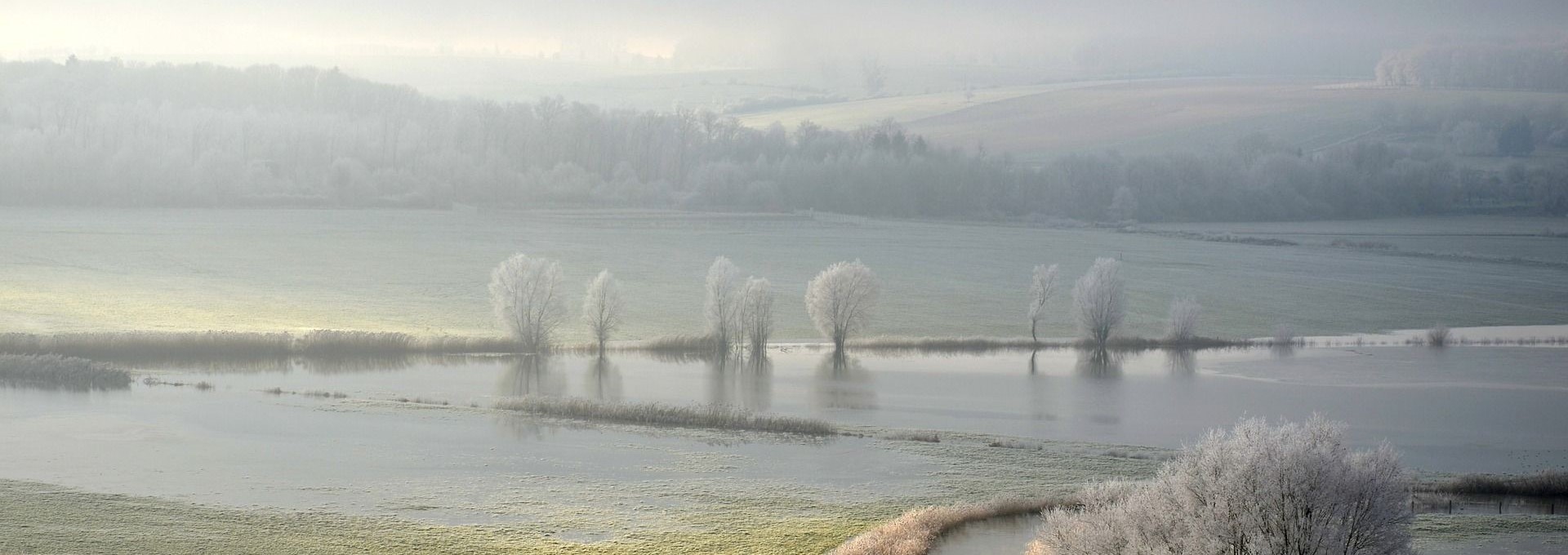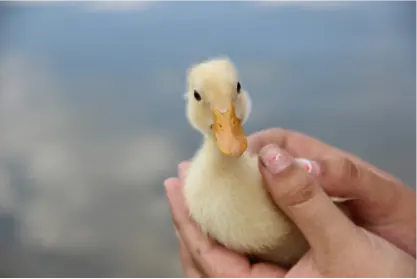Overgrazing leads to enormous environmental damage. English experts consider uncontrolled sheep breeding the cause of flood disasters.
When the water reached its highest level in 2000/2001 in the winter in some English areas, the newspapers brought photos of sheep, which crowded together in the living room of a farmhouse: victims of the flooding - and also its cause? Intense sheep breeding is now suspected as the author of the dramatic floods, which then, but in the winter of 2013/2014 again, haunted British cities.
Ann Sansom, a soil expert, says:
“We have focused on the rivers so far, but these tides find their true origin on land.”
She believes the bogs can no longer function as huge sponges as they have been ruined by a huge increase in the sheep farming: in the 1860s, shepherds numbered about eight million in England, twelve during the war, and today - thanks to subsidies of the EU - more than forty million.
Sansom and other experts say that the loose highlands can not handle more than one and a half of these animals per hectare, but in some areas actually seven are kept, all year round. The floor can not recover. An investigation has shown that the pressure of many cloven-hoofed animals seals the surfaces, so that ultimately only the uppermost layer can be moistened – there is dryness below. If then the vegetation is destroyed by overgrowth, this harmful combination leads to an ever faster drainage of the water down the valley: a double flow speed quadruples the erosive force and increases the transport of sediments even to the sixty-fourfold. This creates deadly spring tides, through which more and more soil is washed into the rivers. This endangers the fish world and clogs the water reservoirs.
“People need to understand that upstream changes inevitably lead to downstream effects.”
... says Sansom and warns even against desertification of the highlands, caused by sprawling livestock.
Following the devastating dust storms of the 1930s, the US government has disrupted long-range areas to prevent overgrowth and the ensuing dramatic consequences for humans and the environment.
Herma Brockmann
- The Guardian, 15. Nov. 2000




